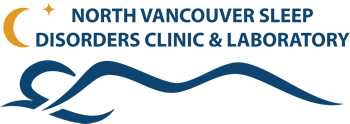Circadian Rhythm Disorders
- Home
- Sleep Disorders
- Circadian Rhythm Disorders
Circadian Rhythm Disorders
What is a circadian rhythm disorder?
Circadian rhythm disorders are problems with your internal body clock that affect your sleep-wake cycle. This clock tells your body when it's time to sleep and wake up.
Normally, your circadian rhythm aligns with the day-night cycle of your environment. But if you have a circadian rhythm disorder, this alignment is off, making it hard to fall asleep and wake up at the times you need to.
This can lead to feeling tired and having trouble functioning during the day. Common types include:
- Delayed sleep phase disorder (where you fall asleep and wake up very late)
- Advanced sleep phase disorder (falling asleep and waking up very early)
- Irregular sleep-wake rhythm (having a sleep schedule that varies a lot)
- Non-24-hour sleep-wake syndrome (Sleep wake cycle changes one to two hours every day. Most common in blind people.)
Some causes of Circadian Rhythm Disorders:
- Shift Work
- Poor Sleep Hygiene - Frequently changing sleep schedule
- Travel/Jet Lag: Traveling across different time zones can result in irregular sleep patterns and poor sleep quality.
- Lack of sunlight exposure or blindness
- Neurologic disease (head injury, stroke, dementia)
To treat these disorders, strategies often involve resetting your internal clock. This can include exposure to light at certain times, maintaining a regular sleep schedule, and sometimes, taking melatonin supplements. In some cases, counseling or behavioral therapy might help, especially if stress or mental health issues are contributing to the problem.
Chronotherapy can be used to progressively advance or delay sleep time.
The goal is to realign your sleep-wake cycle with your environment, helping you get better sleep and feel more alert during the day.
